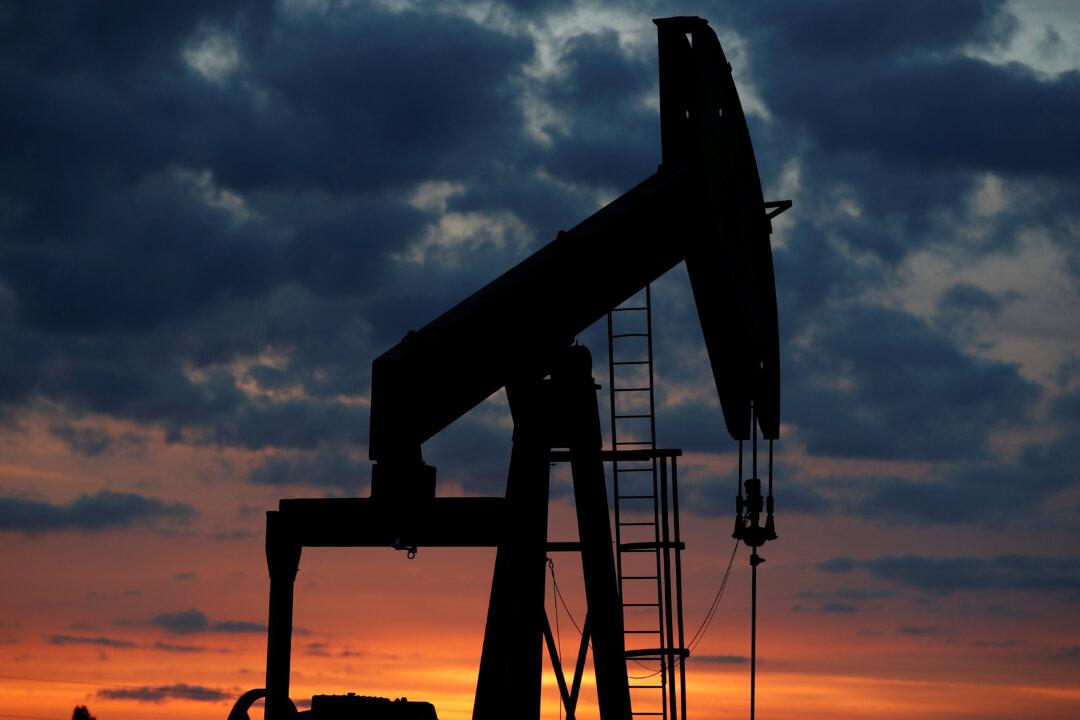The International organization of petroleum-exporting countries (OPEC) and its oil producing allies announced on Jan. 4, that they would increase oil production by a total of 400,000 barrels a day in February, as it appeared that the Omicron variant of the CCP (Chinese Communist Party) virus would have only a mild effect on demand and the global economic recovery.
The 23-member oil cartel led by Saudi Arabia and non-member Russia, stood by a previous decision to phase out production cuts after a slump in global demand during the pandemic.





